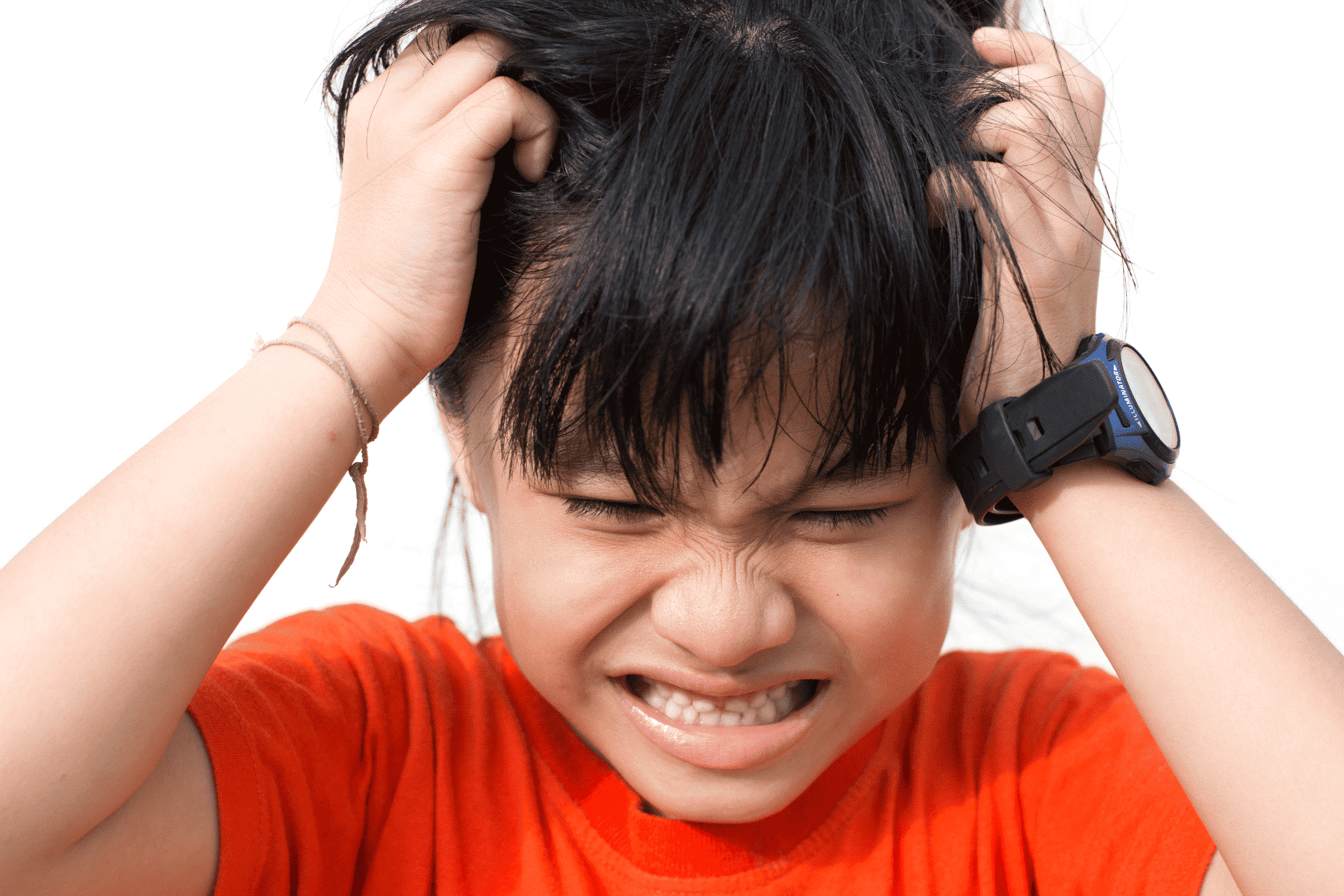Your child has their own fears and worries, just like you! During development they may experience different types of fears, such as going to school for the first time. While it is very common to have these fears and worries, extreme of persistent forms of fear may be attributed to anxiety or depression. Many children have had difficulties coping emotionally due to COVID-19. Between March and October 2020 emergency room visits for children ages 5 to 11 rose 24% and 31% for children ages 12 to 17.
Types of anxiety disorders in children
– Separation anxiety: when your child is extremely afraid of being away from parents, guardians, or loved ones.
– Phobias: this occurs when your child has a specific fear about a certain thing or situation. This might be a fear of spiders or even going to the dentist or doctor!
– Social anxiety: if your child is very afraid of being in situations with other people (such as school or an outing).
– General anxiety: having extreme fears about bad things happening or of the future.
– Panic disorder: Repeated episodes of very sudden and intense fears. This may come with symptoms such as shortness of breath, dizziness, headaches, or nausea.
Your child may refuse to go to school or the doctor, be clingy, have panic attacks, tantrums, or have low self esteem. Severe anxiety problems in children can be treated and early prevention can help with feelings of low self esteem. Parents should consider seeking a professional assessment from a qualified mental health professional or child psychiatrist.
Did you know? Anxiety in children are very common occurrences in children with autism spectrum disorders (ASD).
Read more about anxiety in children with ASD here.
Consult with your pediatrician on guidance to support your child if they are experiencing feelings of anxiousness. Communicate often with your child, ask them how they’re feeling, and remind them that they can talk to you or another trusted adult at any time. Some children do better with activities (such as art, playing outside, or relaxing with a movie) while other children will want to sit and talk out their feelings.
Some helpful tips to help your child manage their anxiety include: narrating their world in an age-appropriate manner, allow them to feel distress, and temper your own feelings of anxiety.
If your child shows signs of suicidal thoughts remember to seek help immediately by calling the National Suicide Prevention Lifeline at 1-800-273-TALK or texting the Crisis Text Line by texting ‘TALK’ to 741741. Reserve 911 for situations where self-harming actions are happening or are about to happen. In a non-crisis situation, talk with your pediatrician about any concerns you have about your child’s mental health.







